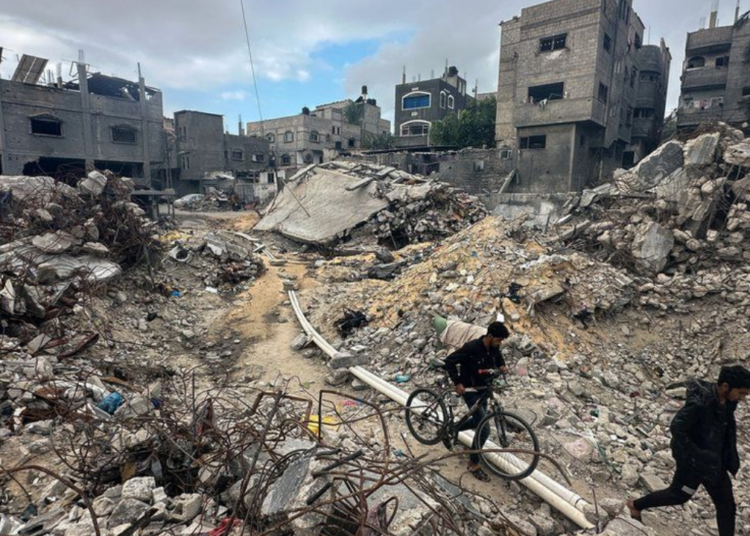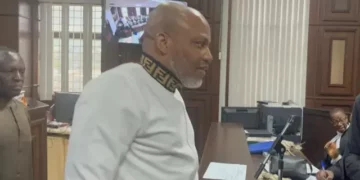Mediator Qatar said last night that a truce between Israel and Hamas forces in Gaza had been extended by two days, continuing a pause in seven weeks of warfare that has killed thousands and laid waste to the Palestinian enclave.
“An agreement has been reached to extend the humanitarian pause for an additional two days in the Gaza Strip,” a Qatari foreign ministry spokesperson said in a post on social media platform X.
There was no immediate comment from Israel, but a White House official confirmed agreement had been reached.
The release of 11 Israeli hostages and 33 Palestinians under the original ceasefire agreement, which had been due to end last night, was expected soon.
The White House said US officials hoped two American women would be among the latest group to be freed from Gaza, where it believes eight or nine United States citizens are being held.
Hamas said it had received a list of Palestinians to be released from Israeli jails. It said these included three female prisoners and 30 minors.
Israeli Prime Minister Benjamin Netanyahu’s office said it had notified the families of hostages due to be released on Monday, without specifying a number.
Hamas also said it had agreed to a two-day extension with Qatar and Egypt, who have been facilitating indirect negotiations between the two sides.
“An agreement has been reached with the brothers in Qatar and Egypt to extend the temporary humanitarian truce by two more days, with the same conditions as in the previous truce,” a Hamas official said in a phone call with Reuters.
None of the announcements specified how many hostages would be released, but earlier the head of Egypt’s State Information Service, Diaa Rashwan, had said the deal being negotiated would include the release of 20 Israeli hostages from among those seized by Hamas during its Oct. 7 assault on southern Israel.
In exchange 60 Palestinian prisoners held in Israeli jails would be freed, he said.
Israeli Prime Minister Benjamin Netanyahu had said at the weekend that once the truce ended, “We will return with full force to achieve our goals: the elimination of Hamas; ensuring that Gaza does not return to what it was; and of course, the release of all our hostages.”
The truce agreed last week was the first halt in fighting in the seven weeks since Hamas attacked Israel, killing 1,200 people and taking about 240 hostages back into Gaza, according to Israeli tallies.
In response to that attack, Israel has bombarded the enclave and mounted a ground offensive in the north. More than 15,000 Palestinians have been killed, Gaza’s Hamas-run government says, and hundreds of thousands displaced.
Wide areas of the enclave have been flattened by Israeli airstrikes and artillery bombardments, and a humanitarian crisis has unfolded as supplies of food, fuel, drinking water and medicine run out.
The truce agreement also allowed for aid trucks to enter Gaza.
United Nations secretary-general Antonio Guterres described the extension of the truce as “a glimpse of hope and humanity,” but warned that two more days was not enough time to meet Gaza’s aid needs.
“I strongly hope that this will enable us to increase even more the humanitarian aid to the people in Gaza that (are) suffering so much – knowing that even with that additional amount of time, it will be impossible to satisfy all the dramatic needs of the population,” Guterres told reporters.





